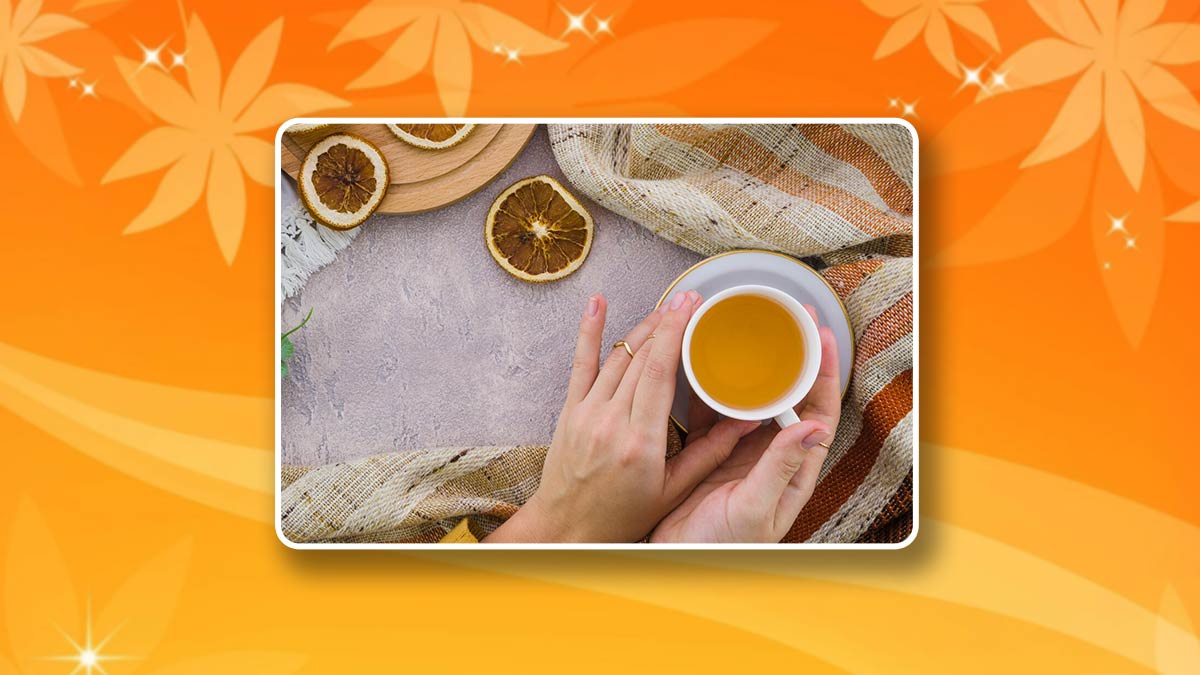
Navratri fasting is deeply rooted in the Hindu religion. The nine-day festivities of Navratri worship nine incarnations of Goddess Durga. To commemorate the days, people observe fasting and stay on a restricted diet to cleanse the body and prepare themselves for the change in season. Food items like whole grains, onions, garlic, alcohol and various other items are prohibited during these months. But how about a cup of tea, coffee or a glass of cold drink to beat the heat? Is it allowed? In light of the same, we spoke to Dietitian Shreya Gupta Arora, currently working as a Consultant at Sama Hospital, New Delhi.
Shreya said, “Fasting is a practice deeply rooted in various cultures and traditions, often observed for religious, spiritual, or health reasons. Across different communities, fasting comes with its own set of rules and rituals, each unique to the individuals who adhere to them. However, amidst the diverse customs, one common thread remains the importance of mindful dietary choices, particularly when it comes to beverage consumption.”

Coffee and tea (homemade masala tea powder), popular beverages enjoyed by many, contain caffeine which can have both positive and negative effects on the body, depending on the amount consumed. In moderation, caffeine can provide a boost to the system, enhancing alertness and mental focus. However, excessive intake of caffeine can disrupt sleep patterns, elevate stress levels, and even lead to dependency, ultimately impacting one's overall lifestyle and well-being.

Don't Miss: Snack Smart: Gluten-Free Options To Help You Reach Your Weight Goals
During periods of fasting, when the body undergoes a natural detoxification process, it becomes crucial to be mindful of the beverages we consume. Processed and sugary drinks, laden with artificial additives and sweeteners, are best avoided during fasting periods to support the body's cleansing mechanisms and promote optimal health.
Moreover, for individuals abstaining from solid foods during fasting, such as those observing intermittent fasting or certain religious fasts, the consumption of coffee and tea warrants careful consideration. While these beverages may seem harmless, particularly when consumed without additives like sugar or milk, they can still pose challenges to those undergoing prolonged periods of fasting.

Without the presence of solid foods to buffer the effects of caffeine, excessive consumption of coffee and tea can lead to discomfort and gastrointestinal distress. This is especially true for individuals with sensitive stomachs or those prone to acid reflux.
Read more articles related to navratri 2025:
| Chants to please Maa Durga | Navratri start and end date |
| Navratri Puja Samagri List | KanyaPujan Gift Ideas |
Shreya said, “It's essential for fasting (navratri weight loss friendly recipes) individuals to approach beverage choices with mindfulness and moderation. Opting for herbal teas or infused water can provide hydration and refreshment without the potential drawbacks associated with caffeine.”
Herzindagi.com is Jagran New Media's gender and lifestyle vertical, catering to women of all age groups, helping them remain updated, on-trend and aware. To improve our performance and understand our readers' interests better, we have created this poll. This will take 2 minutes of your time, do help us out with this link.
Image Courtsey: Freepik/Unsplash
Also watch this video
Herzindagi video
Our aim is to provide accurate, safe and expert verified information through our articles and social media handles. The remedies, advice and tips mentioned here are for general information only. Please consult your expert before trying any kind of health, beauty, life hacks or astrology related tips. For any feedback or complaint, contact us at compliant_gro@jagrannewmedia.com.